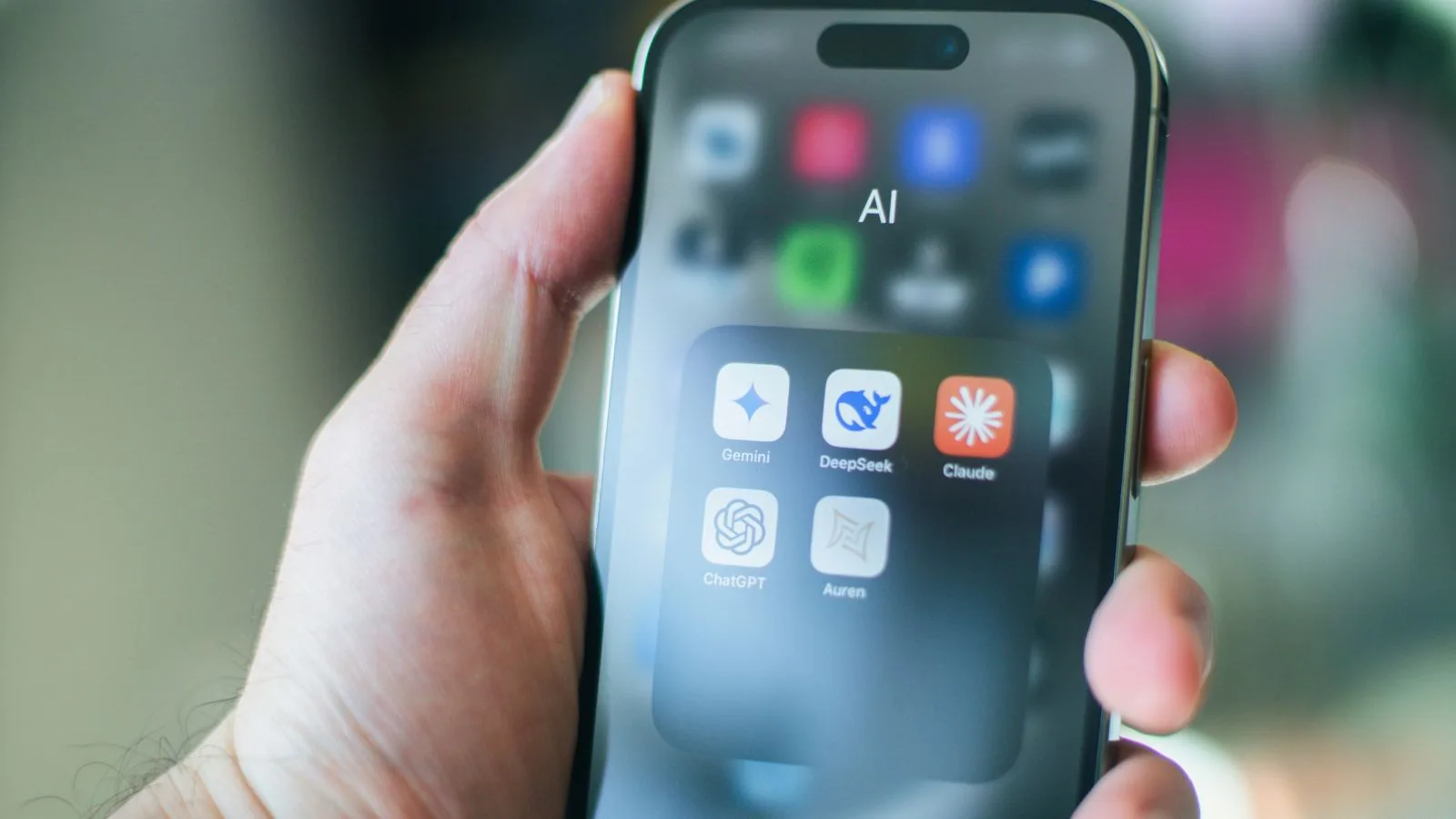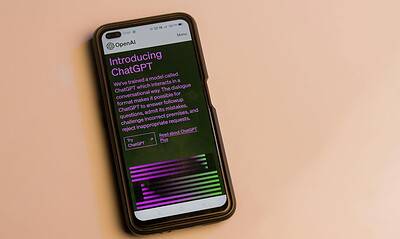AI
AI can crack jokes but still doesn’t get your puns
While AI can produce a perfectly structured joke, it often has absolutely no clue why that joke is supposed to be funny.

Just a heads up, if you buy something through our links, we may get a small share of the sale. It’s one of the ways we keep the lights on here. Click here for more.
We all laughed when AI started writing limericks and dad jokes that were technically jokes.
But a new academic study has arrived to gently place its hand on our shoulder and say, “We need to talk.”
And what it has to say isn’t pretty: AI doesn’t actually understand humor, it’s just really good at pretending it does.
The research paper, titled “Pun Unintended: LLMs and the Illusion of Humor Understanding,” took a close look at how large language models like ChatGPT and Google’s Gemini handle puns. (Via: Digital Trends)
You know, those jokes that rely on double meanings and sound-alike words to activate that tiny, judgmental part of your brain that decides whether to laugh or groan.
Turns out, while AI can produce a perfectly structured joke, it often has absolutely no clue why that joke is supposed to be funny.
Puns work because of something called “polysemy,” which is just a fancy way of saying words can have multiple meanings. Humans process that naturally. AI? It just sees patterns.
Like a stand-up comic who memorized the rhythm of jokes without understanding the crowd, it delivers punchlines purely based on statistical vibes.
To test this, the researchers did a little light trolling. They created two test sets called PunnyPattern and PunBreak, where they slightly altered real puns by swapping out key words.
The sentence structure stayed the same, but the double meaning, and therefore the joke, was completely gone.
Any human would instantly recognize that the joke was broken. The AI models? They often still rated the ruined versions as funny, because they looked like jokes they’d seen before.
It’s like someone laughing at a meme they don’t understand just so they don’t seem uncool.
This matters more than you might think. Writers, marketers, and presentation warriors leaning on AI for clever wordplay might accidentally deploy puns that make no sense at all.
And nothing kills a mood faster than a pun that doesn’t even deserve a pity groan.
The study argues that dumping more training data into these models won’t fix the problem.
To really “get” puns, AI needs a deeper understanding of sound (phonetics) and cultural context, things that require more than just text prediction.
Until then, AI might help you write code, emails, or even breakup texts, but when it comes to crafting a truly eye-roll-worthy pun? That embarrassing honor still belongs to humanity.



























